Why Location Matters in Emergency Prepping
Emergency preparedness is crucial for the safety and well-being of everyone in times of crisis. While many factors contribute to effective emergency prepping, one overlooked aspect is the location. Where you live plays a vital role in determining the types of emergencies you might face and the resources available to handle them. I know location matters, and I want to share why location matters in emergency prepping. Multi-Task Tool, WaterBricks, WaterBrick Spigot, Water Preserver
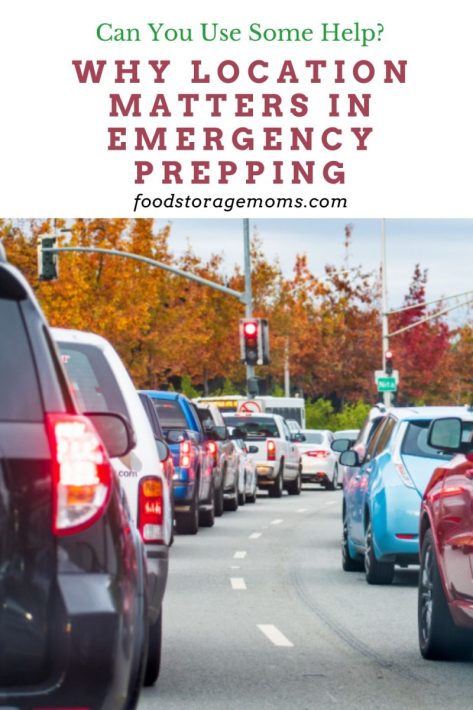
Assessing Regional Risks
The first step in location-based emergency prepping is assessing the specific hazards in your region. Different geographical areas are prone to distinct types of emergencies, such as natural disasters like hurricanes, earthquakes, floods, wildfires, tornadoes, severe storms, or human-made disasters like chemical spills, industrial accidents, or terrorist attacks.
Conduct thorough research or consult local emergency management agencies to identify the primary risks in your area. Understanding these hazards is essential for developing a targeted preparedness plan. Your emergency action plan could be different from extended family who live elsewhere. It can also be different from people in the same city if you live close to a river or close to open forest land.
Another consideration is being prepared for an emergency if you’re at your workplace, the kids are at school or a sporting event, or you happen to be in your car when disaster strikes. Each place that you frequent fairly often should be stocked with an emergency kit. At a minimum, each emergency kit should have a first aid kit, a gallon or more of water, some non-perishable food, a flashlight, a warm blanket, critical prescription medications, etc. No matter where you are, follow any instructions given by local authorities, including evacuations.
Climate and Geography
Climate and geography significantly influence the types and severity of emergencies a region may experience. Coastal areas are more susceptible to hurricanes and tsunamis, while regions near fault lines face a higher risk of earthquakes.
Mountainous areas may be prone to avalanches and flash floods, whereas regions with dense forests are at risk of wildfires. Consider how your location’s climate and terrain impact potential emergencies and adapt your preparedness strategies and emergency response plan accordingly.
Infrastructure and Services
The availability and reliability of infrastructure and services can significantly affect your ability to cope with emergencies. Urban areas typically have more robust infrastructure, including hospitals, emergency services, and utilities. However, they may also face traffic congestion, population density, and overcrowding during evacuations.
Rural areas may have limited access to medical facilities and emergency responders but offer more space and natural resources for self-sufficiency. Evaluate the strengths and weaknesses of your location’s infrastructure to better plan for emergencies. Navigating Life-Changing Emergencies: A Guide to Facing an Emergency
Many people assume, inaccurately, that the Federal Emergency Management Agency (FEMA) will step right in and take care of you and your family when disaster strikes. In urban areas, they MAY be ready to go with staff and equipment, but the sheer size of the population will spread them pretty thin. In rural areas, they won’t have staff and gear readily available, and it will take some time to get you and your family if needed.
Either way, relying on first responders with their first-aid and emergency equipment and know-how can take an extended period to reach out and help you. Of course, different types of emergencies call for different support services and that’s why each prepper family needs to be as self-sufficient as possible. If you’re planning on a rescue each time you face emergency challenges, you may be very disappointed.
Community Support Networks
Another critical aspect of location-based emergency prepping is the strength of community support networks. Close-knit communities often have established communication channels, neighborhood watch programs, and mutual aid networks that can provide invaluable assistance during emergencies.
Building relationships with neighbors and participating in community preparedness initiatives can enhance your resilience and ability to recover from disasters. Consider joining local emergency response teams or volunteer organizations to contribute to collective preparedness efforts. How to Make a Community in Your Neighborhood
When we lived in the St. George, Utah area Mark and I invited some friends to sign up with us for Community Emergency Response Team training sponsored by the local fire department. I was surprised but pleased with the extent of the training and how much better I felt about my ability to respond during an emergency. You should consider signing up for that training too.
Personalized Preparedness Strategies
Based on your assessment of local hazards and resources, develop personalized preparedness strategies that address the specific challenges of your location. Invest in emergency supplies and equipment tailored to the most likely scenarios, such as hurricane shutters for coastal homes or earthquake-resistant building upgrades for seismic zones.
Create evacuation plans and practice drills regularly, considering potential obstacles like traffic congestion or limited evacuation routes. Keep in mind the needs of employees or family members with support needs. Don’t forget those older folks under your care or supervision. Consider alternative communication methods, such as two-way radios or satellite phones, in case traditional networks fail during emergencies.
Take some time and check out the extensive emergency kit instructions I have in the archive on my website, whether at home, work, or your car, they will come in handy if you follow
Continual Assessment and Adaptation
Emergency preparedness is an ongoing process that requires continual assessment and adaptation to changing circumstances. Stay informed about developments in your area, including new hazards, infrastructure improvements, or community initiatives. Regularly review and update your preparedness plans and supplies to ensure they remain relevant and practical.
Participate in training exercises and emergency drills to practice your response strategies and identify areas for improvement. By staying proactive and flexible, you can better mitigate risks and enhance your resilience to emergencies. How to Create an Emergency Prepping Kit
More Tips
- How to Create an Emergency Prepping Kit
- Emergency Preparedness for Gluten-Free Individuals
- Harnessing Sunlight for Emergency Preparedness
Final Word
Location matters in emergency prepping because your location influences the hazards you may face and the resources available to address them. Remember that emergency preparedness requires a continuous effort in the areas of vigilance, adaptability, and collaboration. May God Bless this World, Linda
Copyright Images: Traffic Heavy and Congested AdobeStock_308807211 By Sundry Photography.jpeg, Traffic Narrowing to One Lane AdobeStock_335384606 By Susan Vineyard

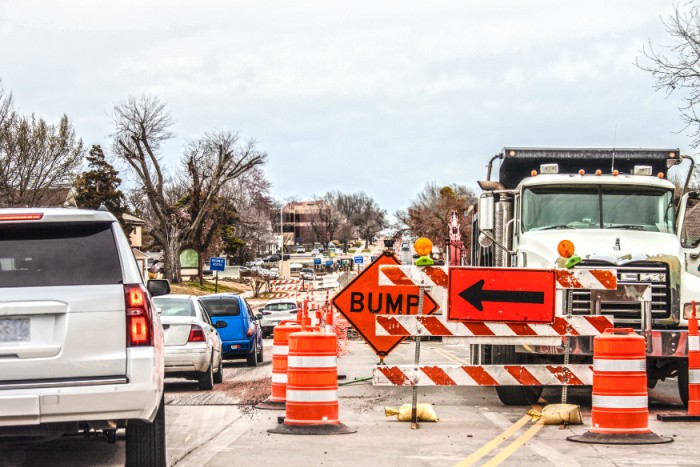

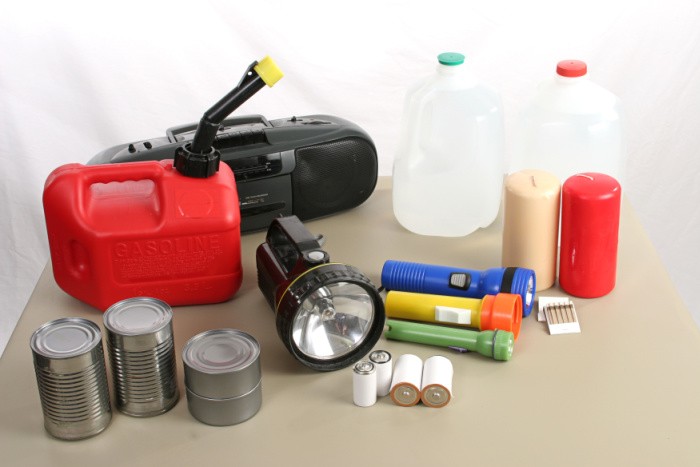
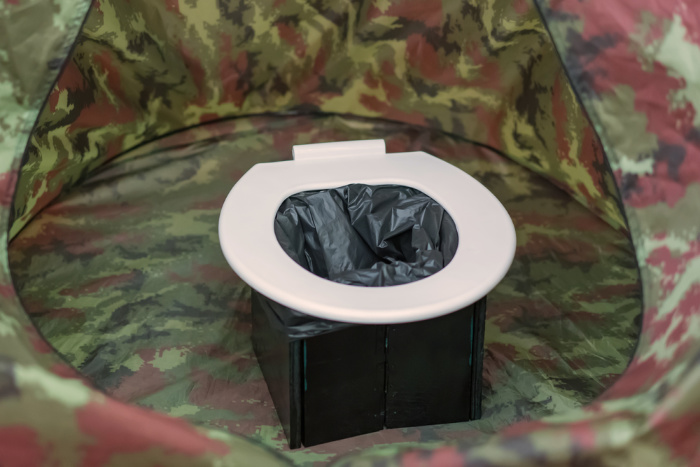
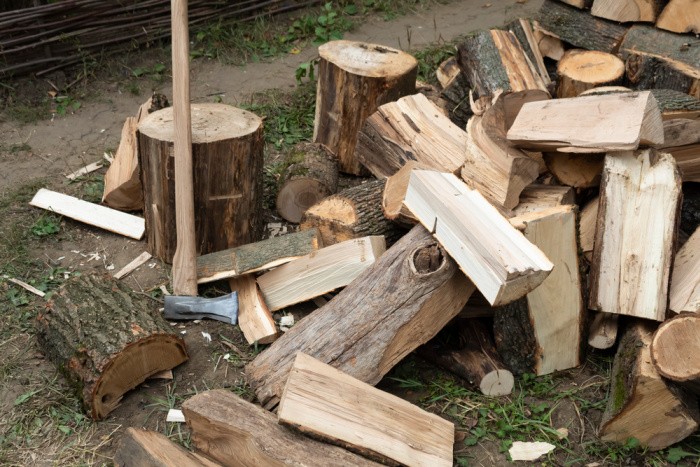
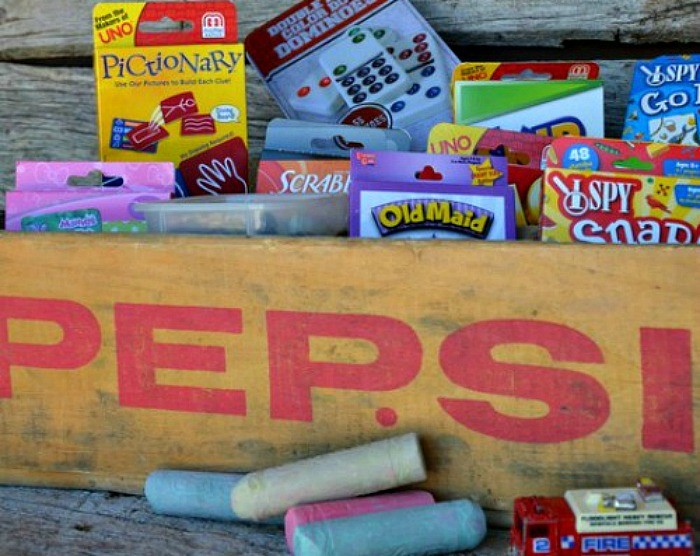

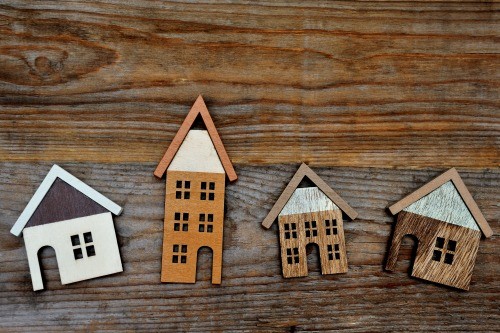


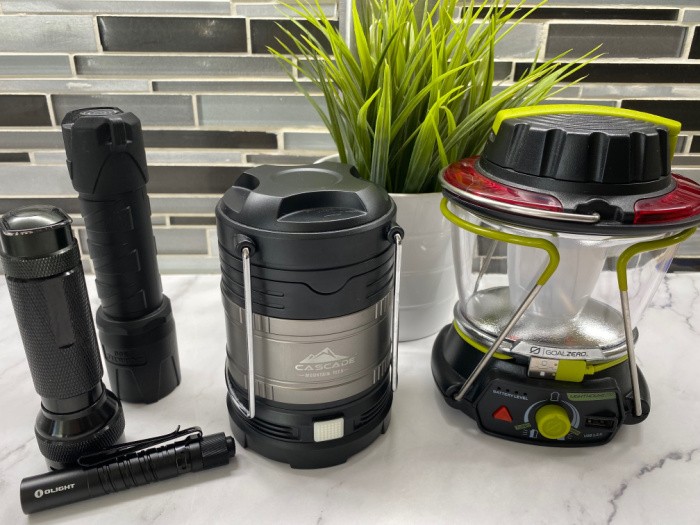

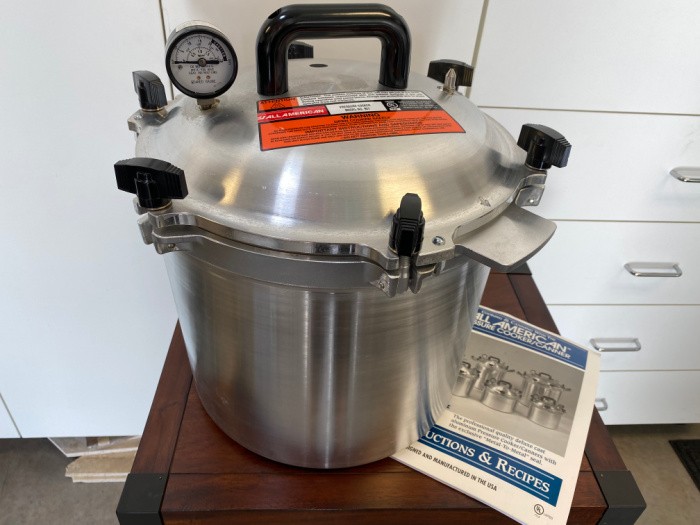




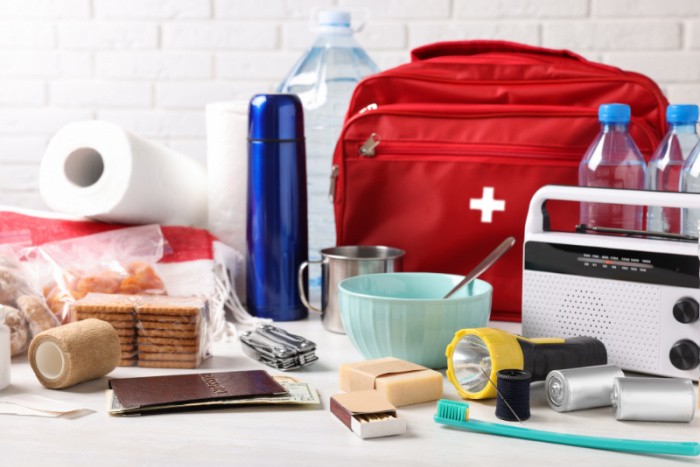
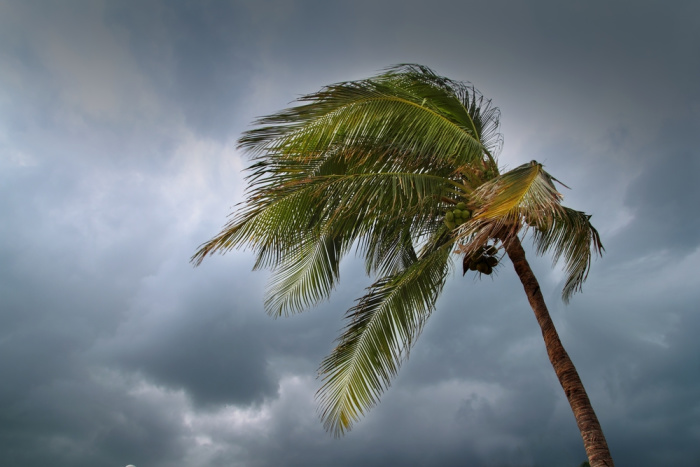
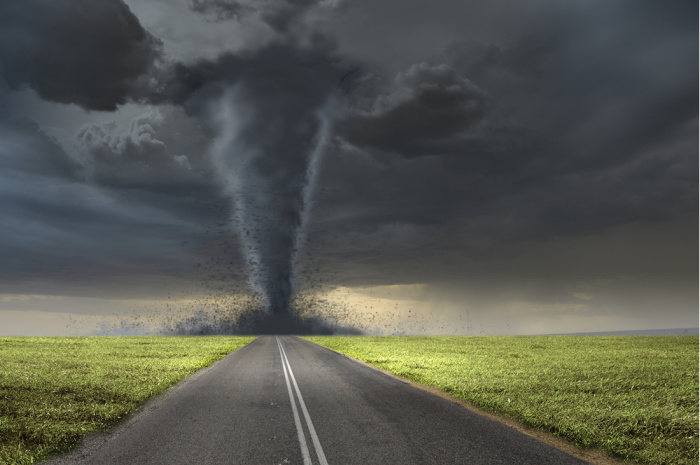

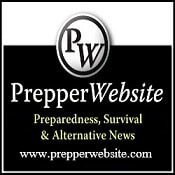
Another great article.
Last hurricane season there was a person that wanted to know why you fill up your gas tank. The reason being for this, or when you hear a blizzard is coming is because you don’t know if the electricity that runs the pumps will be working, and if you’re able to get to the gas station.
And to have your tank filled if you need to leave your home, office, wherever you are.
As far as people with EV’s – good luck.
Hi Barb, thank you for your kind words, my friend. Yes, we must keep our gas tanks at 3/4 full if not more. Good luck to the EV’s. If and when our antiquated power grids get hit, sabotaged, or crumble, those cars won’t run. Linda
I’m a single, older lady living in a townhome in a bad area in a rich city. There is no room to sort through my preps. They fill a closet completely from top to bottom. I’m thinking I might get a small, temperature regulated storage unit nearby. If my home is ransacked much of my food is still there. Any thoughts?
Hi Melissa, a bad area in a rich city, hmmmm. My concern with having a storage unit is cost, but most of all access if a disaster hit. I would want to shelter in place. Do you have secure locks on your doors and windows? Yes, people can break windows to get in but they will have to climb through broken glass. It’s a personal preference but my “stuff” has been in a climate controlled storage unit for 2-1/2 years (we’re building a tiny home) and my anxiety being separated from my food storage and emergency preps does not work well for me. Please think about how you would have to go get your “stuff” from that climate controlled unit. Be safe, Linda
City vs Rural!! Always a toss of the dice to me. I have lived in both. But that said, I would rather be rural and not have access to many of the city amenities but that is primarily because I am well prepared for emergencies. I like being close to medical facilities and I was within walking distance to a hospital in the city. Since I am rural but living in a small town, I am still within walking distance to a hospital.
I have been doing research into the kinds of things I might be faced with here in my small town. So far: occasional tornadoes – the town just did a test on the sirens a couple of days ago; high winds – up to 70 mph at times – could knock out the power and certainly can shut down the freeway and back roads to get anywhere!; winter – snow storms that can shut down the freeway and back roads, keep me snowbound for days at a time. As for winter storms, however, there is generally a forecast so I would likely have time to get fresh foods from the grocery store as well as other things I might want (not need – got those) during homebound times.
I really don’t see a lot of emergency issues here but I will be prepared for as many issues as I can think of!!
Hi Leanne, you sure have lived both sides rural vs. the city! You are so prepared you could survive most anything even if you lost power. You are a survivor, my sweet friend! High winds and ice storms can be bad. You just stay home and hunker down. Life is good when you are prepared for the unexpected. Linda
A small town is a good compromise. I prefer rural locales but my wife’s poor health dictates we live someplace with decent healthcare. Our small, politically conservative community is full of retired vets and others with Prepper skills.
Hi Ray, it sounds like the perfect area for you and Jane. As we age medical care is needed for sure. You have a nice mixture of people where you live! Linda